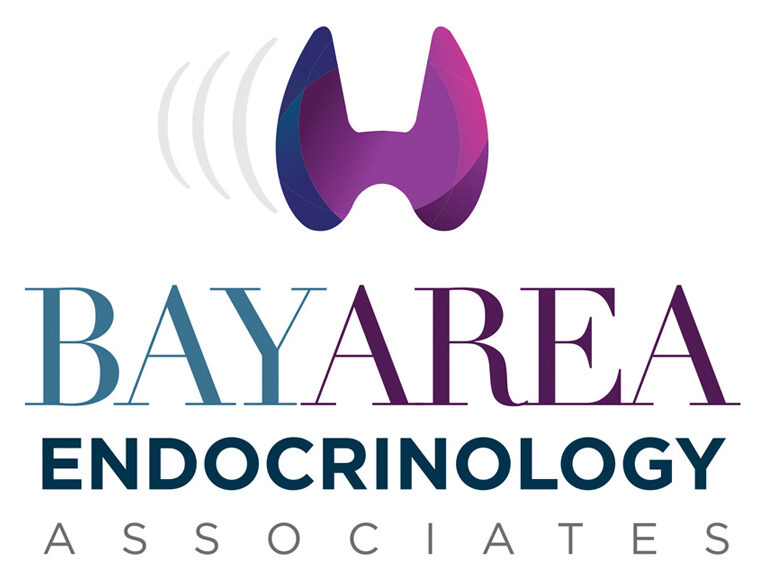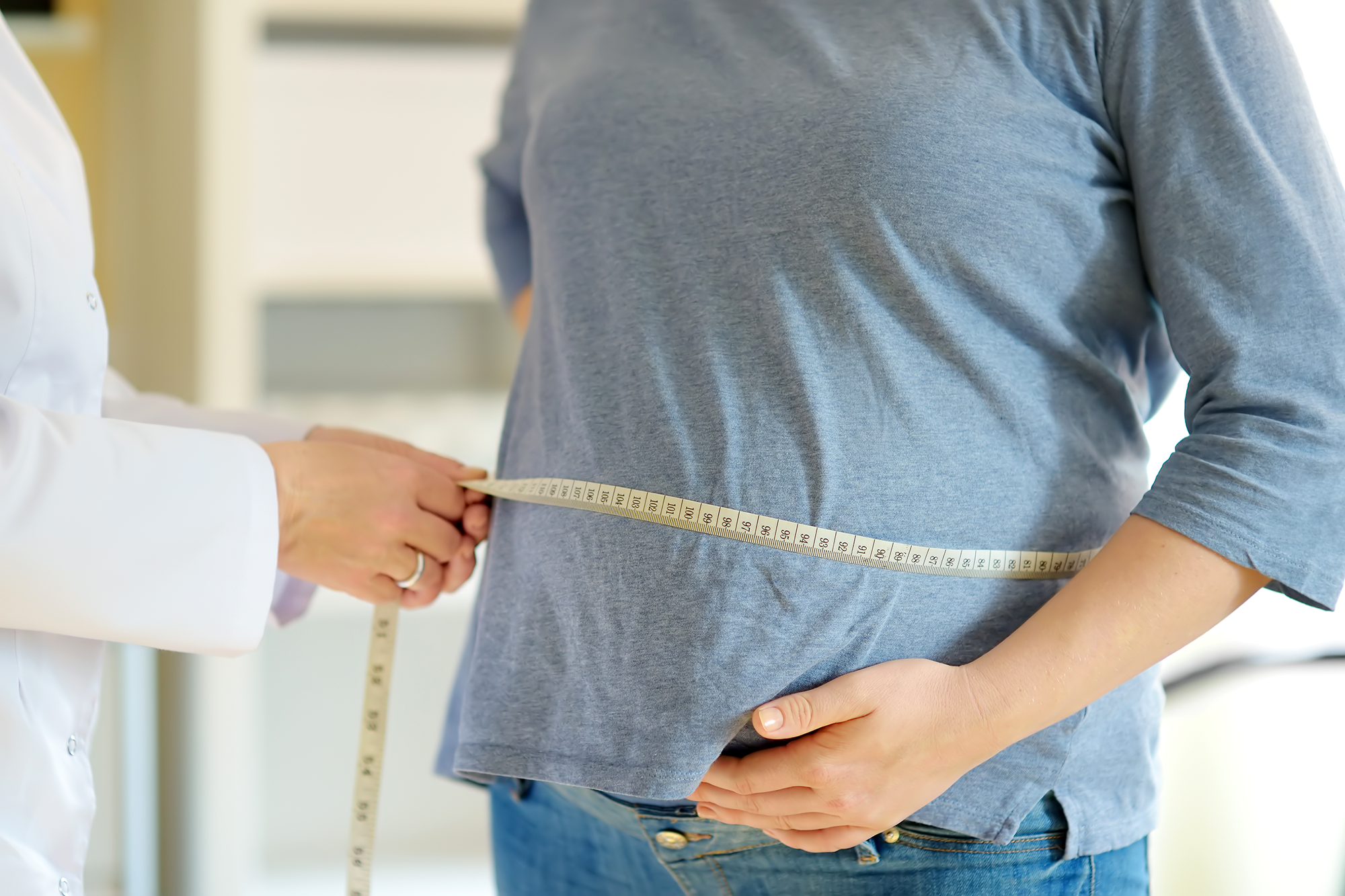Whether your thyroid is underactive (hypothyroid) or overactive (hyperthyroid), getting it back in balance can take time. If your thyroid cannot be managed, your physician may choose to destroy it with radioactive iodine, or RAI. RAI is also used to kill off any remaining thyroid cells after treatment and surgery for thyroid cancer.
Why RAI Works
Any iodine you ingest passes through the thyroid, so any radioactive particles will likely lodge there and not travel through the rest of your body. For a woman who is past child-bearing age, this treatment is a protective decision that removes the risk of any returning thyroid cancer.
When RAI Should Be Avoided
Women who are pregnant or who are planning to become pregnant should not receive RAI therapy. As noted above, iodine is initially processed by the thyroid upon entering the body. Both men and women who receive large doses of radiation risk infertility. Women who undergo this treatment may face an irregular menstrual cycle after their RAI therapy. The dangers of thyroid scans and radio line treatment for pregnant women, or those planning to become pregnant, become more severe. Undergoing this therapy may concentrate the iodine in your thyroid tissue, but the radioactivity impacts your entire body. Ovulation schedules can be disrupted, and the eggs within the ovaries at the time of treatment will have suffered radiation exposure.
RAI Therapy Risks for Pregnant Women
Thyroid issues during pregnancy are not uncommon. Pregnant women should have their thyroid checked repeatedly throughout their pregnancy, and if any abnormalities are noted, medications to modify the thyroid output will need to be administered. Hyperthyroidism especially increases the risk for both mother and baby, including preterm delivery, stillbirth, miscarriage, and maternal cardiac failure. Symptoms of hyperthyroidism include swelling of your thyroid gland, irritability, shakiness, weight loss, and weakness. If you find that you have inflammation or swelling of the thyroid or feel agitated at any point in your pregnancy, it’s critical that you seek medical attention.
How to Avoid These Risks
Make sure that your OB/GYN is made aware of any thyroid conditions you’ve suffered in the past. Get a referral to an endocrinologist who can check your thyroid health before you attempt to conceive if possible, and especially once you know you are pregnant. Managing the condition from the start will greatly reduce the risks for you and your baby. Catching thyroid production abnormalities early will allow you to get on the right medications before the hormonal cascade of pregnancy muddies your tests. No matter what the ultimate course of treatment is, it’s critical that you also get your thyroid checked after you deliver; there are many thyroid conditions that fade after the physical stress of pregnancy has passed.
Diagnosis When Pregnant
Rates of thyroid cancer are on the rise, and more women than men get the disease. It’s not surprising that thyroid cancers are detected during pregnancy; after all, an increase in thyroid activity is likely to bring any palpable cancers to prominence. If you are pregnant and diagnosed with thyroid cancer, experts recommend waiting until after your delivery to operate. If that’s not possible, it’s recommended that you undergo surgical thyroidectomy after 22 weeks. RAI treatment should never be administered to someone who is pregnant or breastfeeding.
Protect Your Thyroid
If you have a family history of any type of thyroid illness, from Hashimoto’s to Graves’ Disease, strive to consume a diet that will protect your thyroid as much as possible. Whenever possible, avoid processed foods, or fried foods with high oil content. A diet high in antioxidants is a great way to protect your entire body from toxins, so take care to include
- berries
- cruciferous vegetables
- yogurt
Seafood and shellfish are both rated highly as a way to keep your iodine intake at a healthy level. However, seafood is often restricted when you’re pregnant. Make sure that your physician and your Tampa OB/Gyn are aware of your family history of thyroid concerns and that your prenatal supplements include plenty of thyroid support to keep your endocrine system working effectively for the safety of you and your baby.
Should you receive a diagnosis of thyroid cancer or unusual thyroid activity while you’re pregnant or during your childbearing years, discuss your plans and your concerns with your physician. Your thyroid illness may not require RAI to completely destroy any remaining thyroid tissue should you need surgery. If you’re at a higher risk of cancer spreading without RAI, plan with your partner to avoid pregnancy for the recommended time after RAI to make sure that the radioactive materials have completely cleared from your system. It may take time for your ovulation cycle to return to normal, so give yourself time before you attempt conception.








